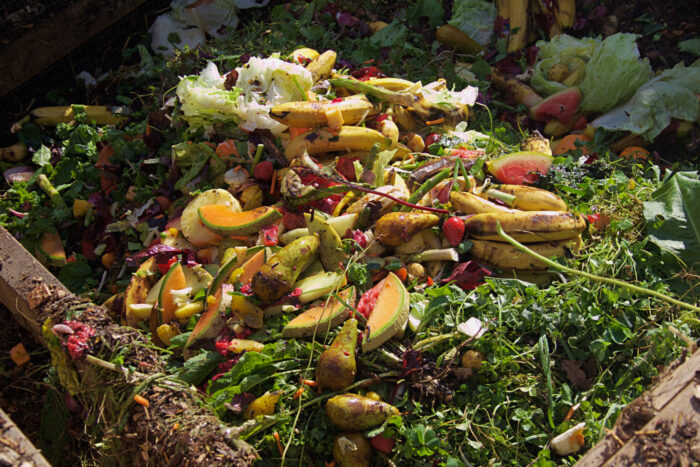In a previous blog, we discussed the benefits of using manure digesters to convert dairy farm waste into renewable natural gas. The organics-to-renewables practice, which diverts waste from landfills for reuse, is becoming increasingly popular for its positive impact on sustainability.
Food waste is a significant issue in the United States. In the U.S., an estimated 30-40% of the food produced is thrown away. The U.S Environmental Protection Agency (EPA) notes that food waste is the “single largest component” of waste sent to landfills and incinerators, where it decomposes and releases methane, which has 28 times more warming potential than CO2.
Fortunately, some states and municipalities are beginning to implement rules and regulations on food waste management. In Massachusetts, a business that generates more than one-half ton of food and organic waste per week cannot dispose of that waste through traditional methods. The Stop and Shop grocery chain in New England just celebrated the fifth anniversary of its Green Energy Facility. Similarly, New York City requires businesses that meet certain size requirements to separate and divert organic waste from landfills. Hennepin County in Minnesota is considering adopting similar legislation. The EPA is about halfway through a federal initiative to reduce food loss and waste by 50% by 2030.
So, what is the solution?
To tackle the issue of food waste, anaerobic digesters offer a sustainable solution that provides a range of long-term benefits for those in the farming and food industries, the environment and the economy. By converting organic waste into a renewable source of energy and nutrient-rich fertilizer, anaerobic digesters reduce greenhouse gas emissions and promotes energy independence so communities can reduce overreliance on fossil fuels.
From an economic standpoint, these technologies can help stabilize energy costs in the future, reduce waste disposal costs and create new jobs in the renewable energy sector. The practice also provides opportunities from selling excess energy and fertilizer, as well as reduced waste disposal costs.
The resulting nutrient-rich fertilizer from anaerobic digestion can also be used to improve soil health and reduces the need for synthetic fertilizers, thus promoting sustainable land use practices. As a national leader in organics-to-renewables projects, Vanguard Renewables is now implementing this solution by working with food manufacturers, organic waste producers, and dairy farms.
Overall, anaerobic digestion helps to create a sustainable and close-looped system for food and energy production, which mitigates waste and fosters a more sustainable approach to agriculture.
Regulatory Challenges
Although anaerobic digestion technology offers a promising solution for managing organic waste and sustainable energy production, adopting this technology can pose significant regulatory permitting challenges. The complex regulatory landscape surrounding digesters requires that adopters comply with a variety of local, state, and federal regulations governing air quality, water quality, and waste management. The permitting process can be complex, lengthy, and uncertain. Dated waste rules can present additional obstacles to permitting, and as we know, regulatory frameworks are often subject to change that impacted parties must keep up with.
Join Braun Intertec with Vanguard Renewables for a live webinar on March 23, 2023 as our speakers delve into this exciting new frontier for renewable energy and how to navigate permitting challenges for these technologies.

